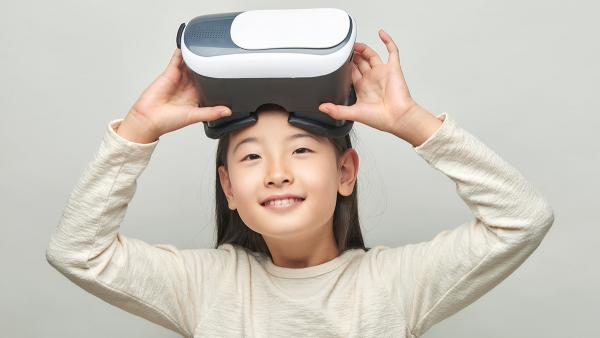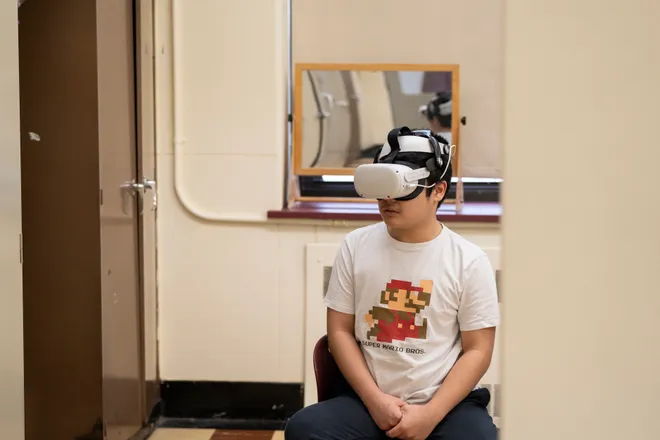Virtual reality as an intervention for autism shows clinical efficacy in improving social and communication skills in children.
Virtual reality (VR), when used as a behavioral modification tool, can improve communication and social skills in children with autism, according to study results presented at the 2023 American Academy of Neurology (AAN) Annual Meeting, held April 22-27, 2023, in Boston, Massachusetts.
Children and adults with autism struggle with communication and social functioning. Research has explored the use of VR as a form of therapy and to increase understanding of the social-communication issues associated with autism. For the study, researchers investigated the efficacy of VR as a teaching and intervention tool among children with autism.
The researchers searched databases of the Centers for Disease Control and Prevention, IEEE Xplore, Google Scholar, National Autism Center, and PubMed to gather the articles to include in the analyses. The search terms were “affective computing autism” and “affective computing autism.” A total of 5 research articles were included in the sample.
In analyzing the articles, the researchers assessed outcome measures related to emotional facial expression recognition tasks, emotional regulation tasks, and VR receptivity in autism.
In paired t-test comparisons of pre- and post-training performance, children with autism showed significant increases in NEPSYII affect recognition (triangles intensity, [t][24] = -3.40; P =.001) and attention and executive function fluid reasoning (t[17] = -2.33; P =.016) with the use of VR tools.
Also, among children with autism, significant improvements in pretraining assessment for social attribution occurred (t[23] = -2.28; P =.016). When viewing a VR avatar, 88% of participants accurately labeled emotional expressions.
In assessing emotional regulation, VR use was associated with positive outcomes persisting 12-16 months after interventions. In addition, 89% of children with autism exhibited diminished phobia-induced anxiety.
The researchers also found increased receptivity to VR as a therapy. In research exposing children to virtually embodied agents in VR simulations, children exhibited continued affective and social conversational behaviors for about 60 minutes. Compared with children in control groups, the children with autism reported higher enjoyment when using VR technology (t[38] = 2.26; P =.03).
Overall, the “use of virtual reality as a tool for behavioral modification revealed positive application with enduring results, by demonstrating: (1) conversational spontaneity, (2) social appraisal, (3) emotional recognition, (4) anxiety and fear reduction, and (5) social-skill acquisition in autistic children.”
Nonetheless, the researchers suggest that providers caring for children with autism should consider using caution when using VR as therapy. More research is needed to understand its benefits and limitations.
References:
Allison D, Prelock P. A survey of virtual reality interventions for autistic spectrum disorder therapy: a neuroscience perspective. Abstract presented at: 2023 AAN Annual Meeting; April 22-27, 2023; Boston, MA. Abstract P1.006.


